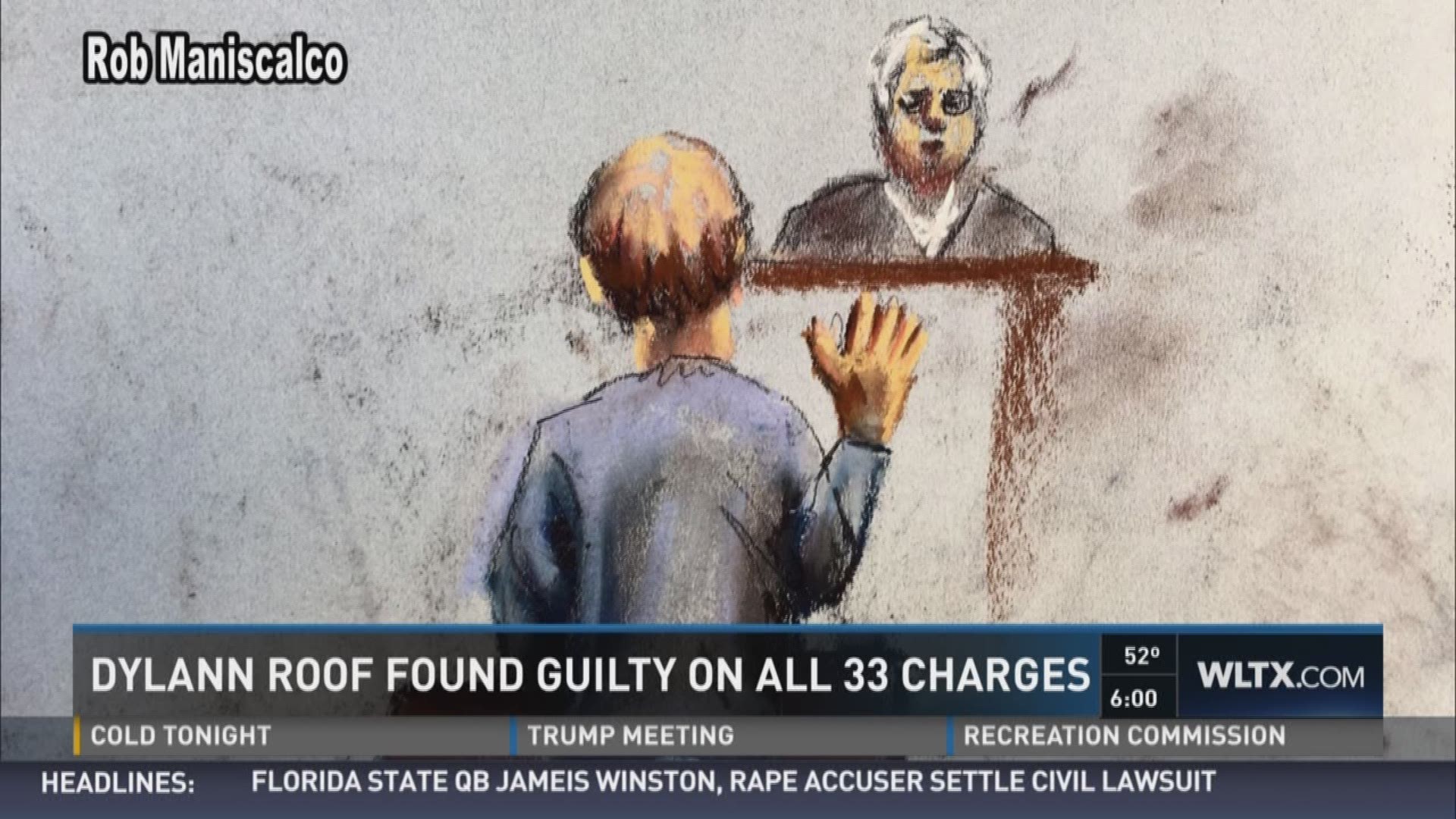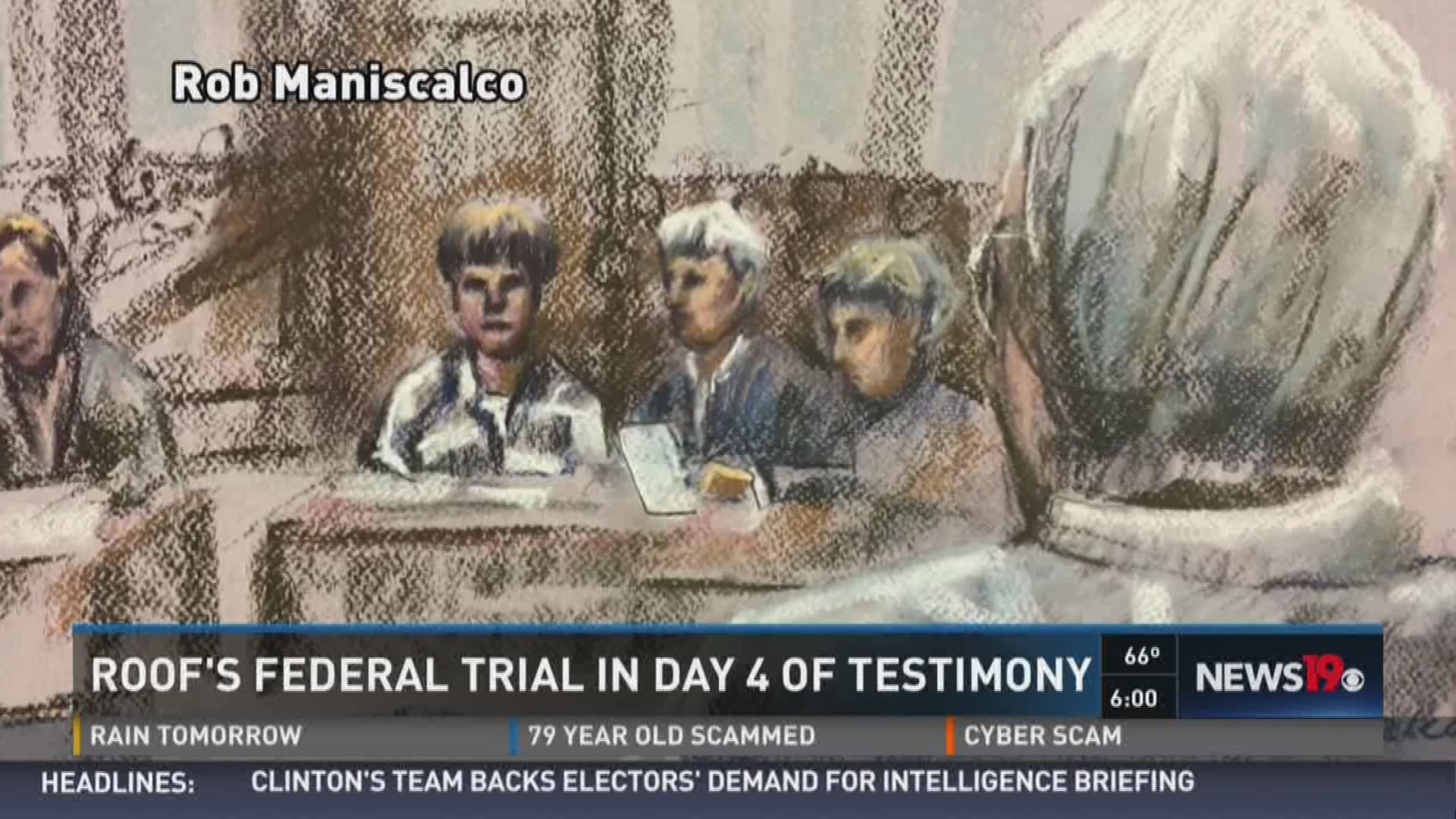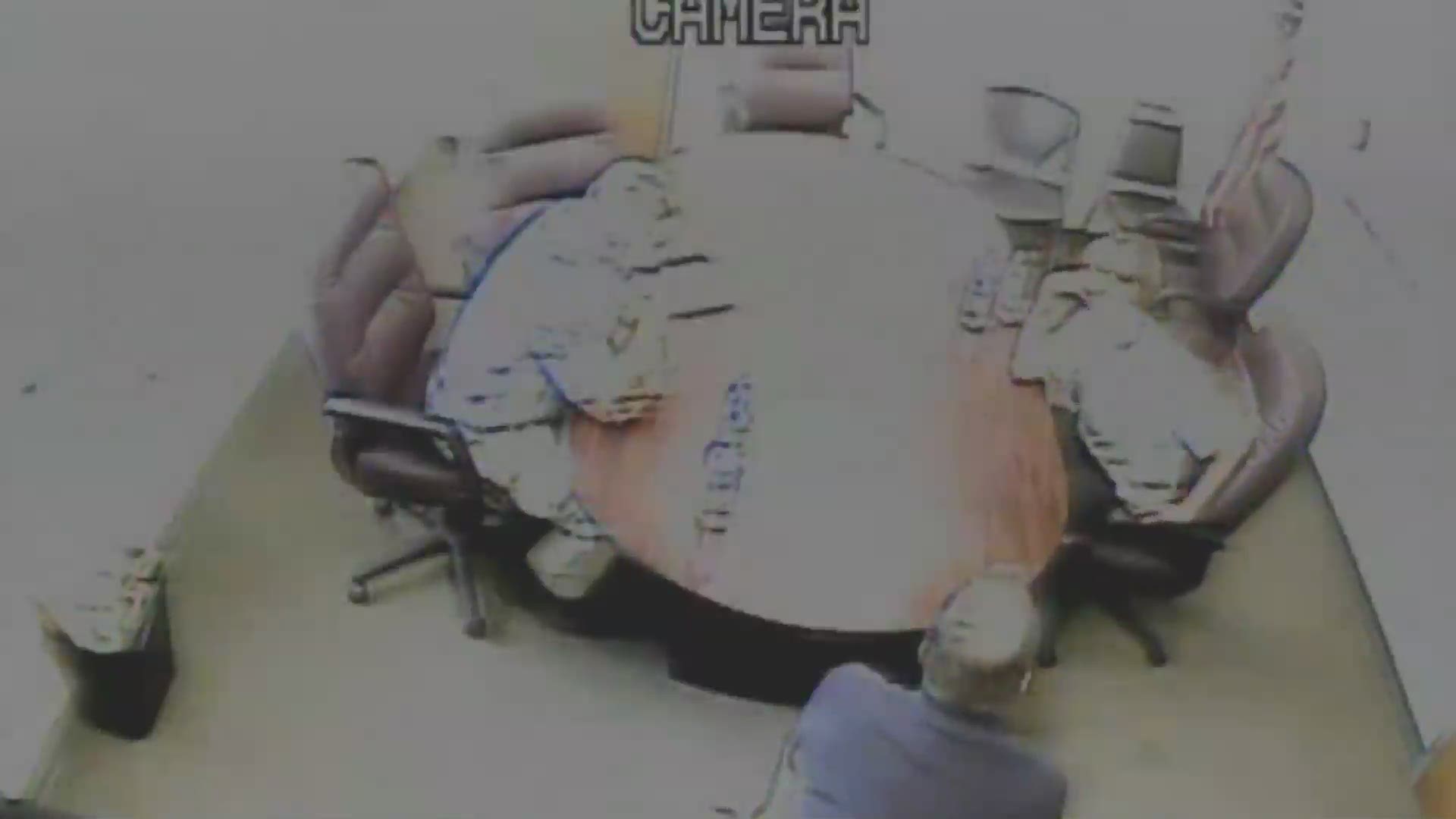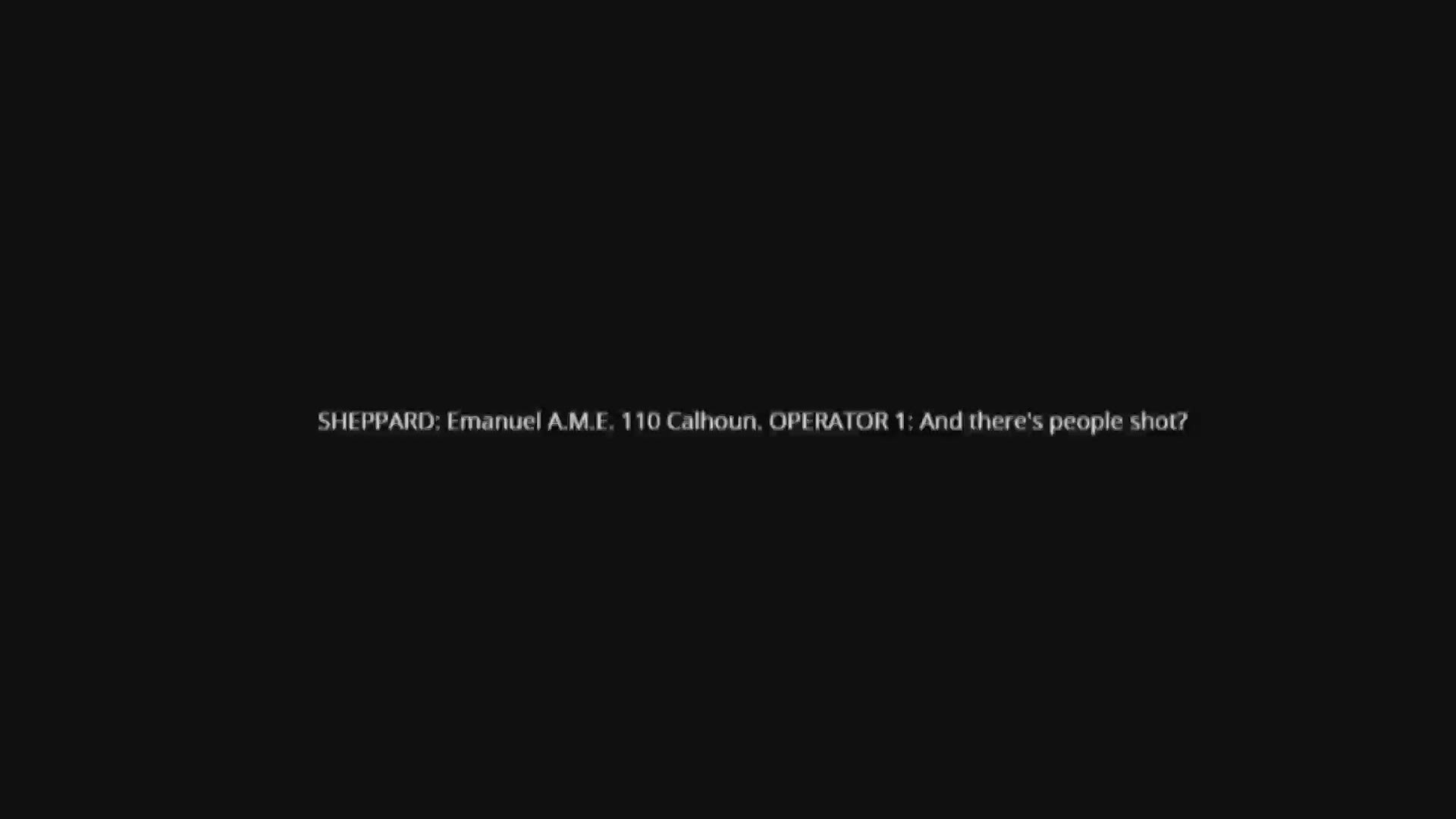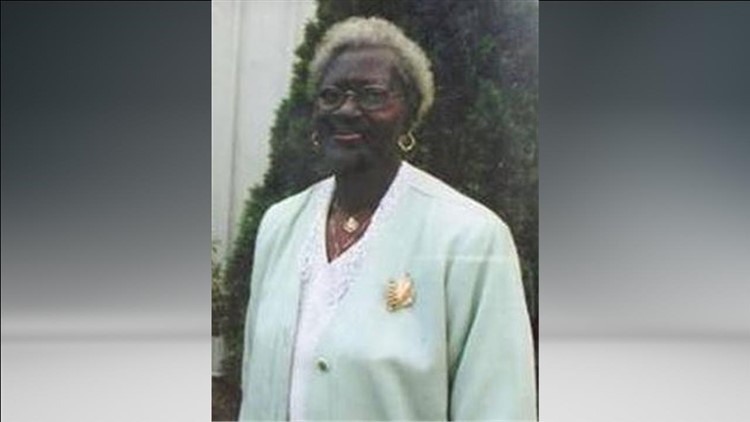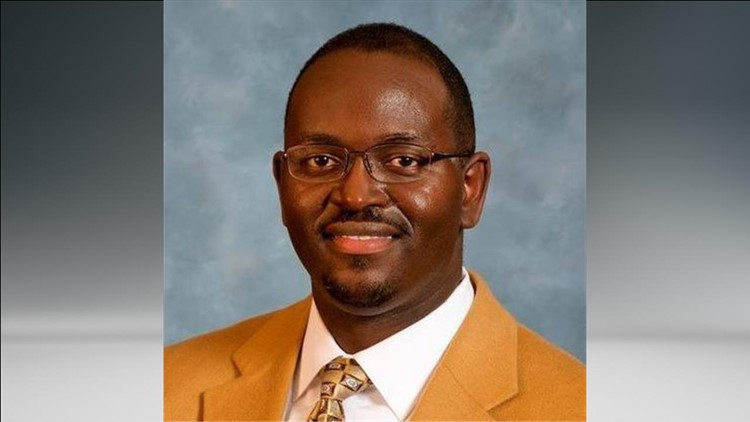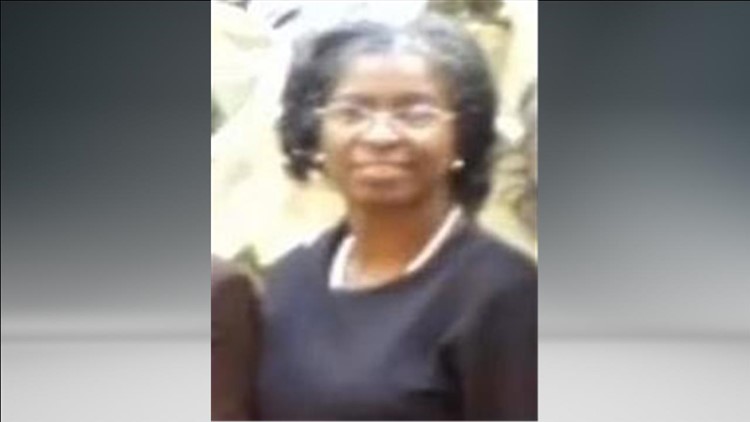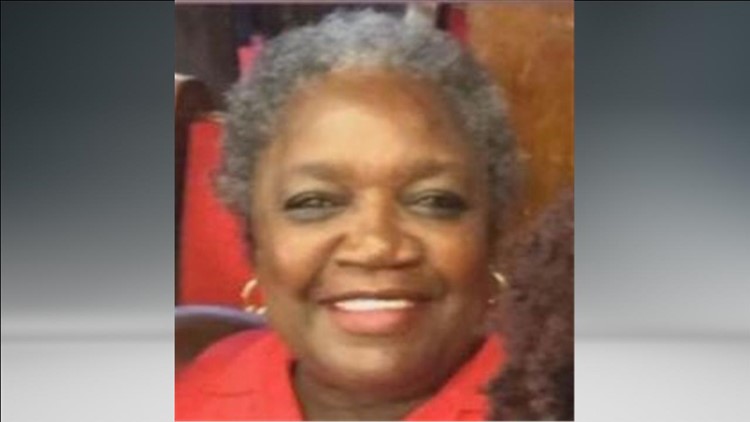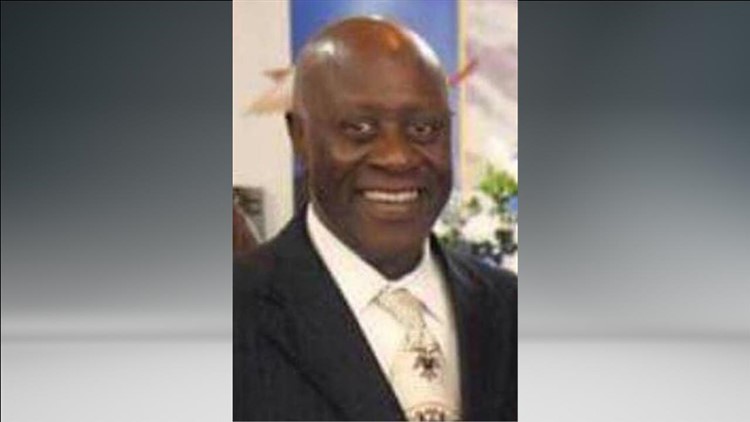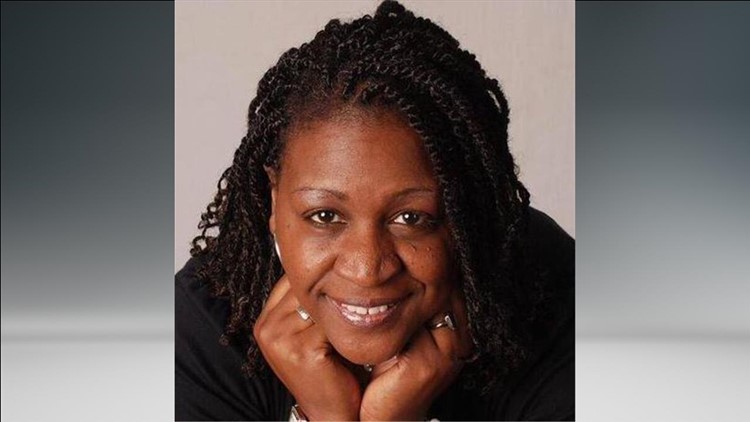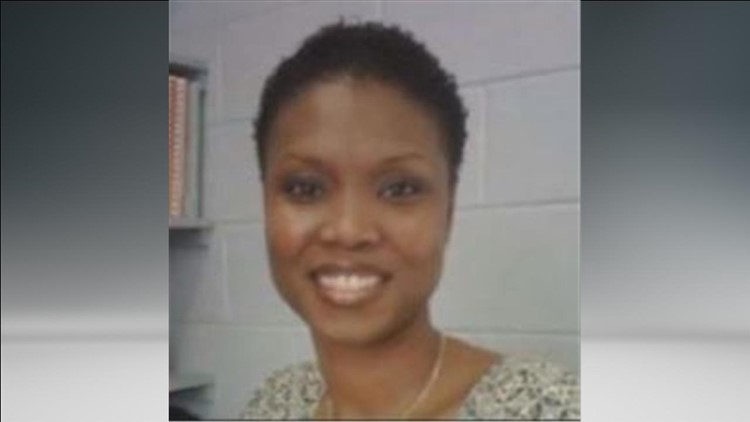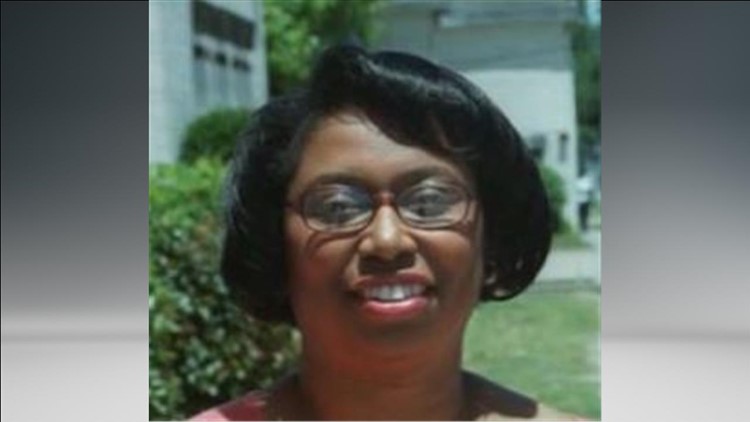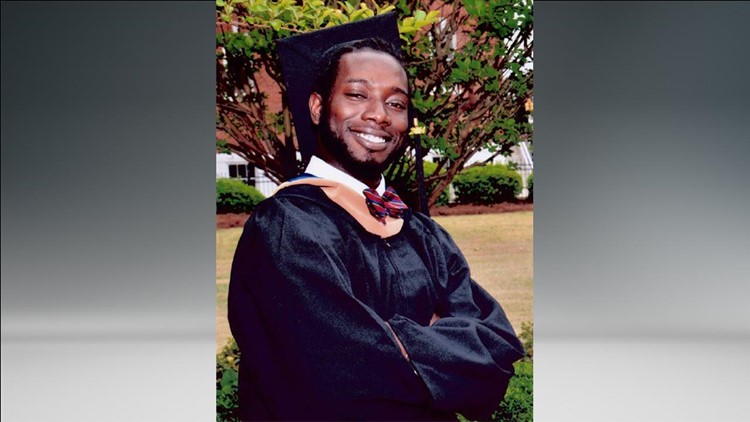Charleston, SC (WLTX) - A federal jury has convicted Dylann Roof, an admitted white supremacist, of the June 2015 massacre of nine innocent people inside a historic African-American church in Charleston.
The jury returned their verdict against Roof Thursday afternoon after two hours of deliberation in the killings that took place at Mother Emanuel AME Church. The jurors found him guilty on all 33 charges against him, which included ones for hate crimes, obstruction of exercise of religion resulting in death.
"It is my hope that the survivors, the families, and the people of South Carolina can find some peace in the fact that justice has been served," South Carolina Gov. Nikki Haley said in a statement released minutes after the verdict was read.
There was a separate murder count for each of the dead: Rev. Clementa Pinckney, Tywanza Sanders, Cynthia Hurd, Rev. Sharonda Coleman-Singleton, Myra Thompson, Ethel Lance, Rev. Daniel Simmons, Rev. DePayne Middleton-Doctor and Susie Jackson.
Sentencing for Roof---where the death penalty will be on the table--will begin on January 3. After the verdict, Roof told the judge again that he would represent himself during that phase of the trial.
Roof's guilt was not in question: even his attorneys admitted their client committed the crimes, and during the trial, jurors got to see a two-hour long confession video where Roof outlined step by step his crime and the preparation that went into it.
Prosecutors painted Roof as a man with no remorse, who chose his victims because he felt blacks were inferior and a threat. and who "was cold and calculated."
"The preparation for these crimes shows his vast hatred," Assistant U.S. Attorney Nathan Williams said during closing arguments. "His actions show his cowardice, they reflect his racial ignorance."
During the trial, the jury was shown an overwhelming about of evidence not only proving that he committed the crime, but also that he'd been thinking about it well before he carried out the act.
Among the items police found was a journal in Roof's car found after his arrest, where he talked about how he felt blacks were a threat, repeatedly using a racial slur to refer to them. Later, the discovered a website that he'd created, where he posted pictures of himself posing with a Confederate flag, burning an American flag, and giving lengthy explanations for his racial hatred.
Police found records of his gun purchase, made months before the killings. There was also GPS tracking evidence that provide he'd scouted the church beforehand, and a written list of mostly black churches in his car, with Mother Emanuel prominently featured.
In his confession, he said he picked the church because it was historic, and he knew he wouldn't encounter resistance. He liked Charleston, he said, but looked at it as a target because it had a high proportion of black residents.
Perhaps the most personal and effecting testimony came from two of the three survivors of the attack: Polly Jackson and Felicia Sanders. Both of them described how Roof shot the parishioners after they'd bowed their heads to pray, turning to point and shoot one by one as the Bible study members hit under tables to escape the gunfire.
Prosecutors say he fired over 70 shots.
Jackson and Sanders both said Roof told the victims that he was shooting them because "black people were raping white women." It's a belief he also stated in his writings.
“He's evil," Sanders said. "There's no place on Earth for him except the pit of Hell."
Sanders adult son, Tywanza, was among those killed.
During his summation, Williams showed the jury crime scene photos, which showed some of the victims lying in a pool of their own blood. The medical examiner who performed their autopsies said each victim had at least five bullet wounds.
In his confession that was taken about 16 hours after the murders, Roof couldn't recall exactly how many people he killed. He seemed eager to tell the details to investigators, and didn't express remorse.
"He laughed 7,8,9 times," Williams said. "The hatred he had in that church was the same hatred he had the next day."
David Bruck, Roof's attorney, didn't contradict most of the prosecutions statements, admitted Roof was responsible. Instead, he told the jury his client was a loner who didn't have a full understanding of what he did. He also said Roof had been suicidal in notes he'd written to his parents since his arrest.
Williams said Roof's vile actions were outdone by the bravery of the victims, some of whom tried to save the lives of their fellow churchgoers that night.
"These nine people exemplify a goodness that was greater than his message of hate," he told them. "He chose the wrong people. he chose the wrong good people. That message of hate was defeated."

